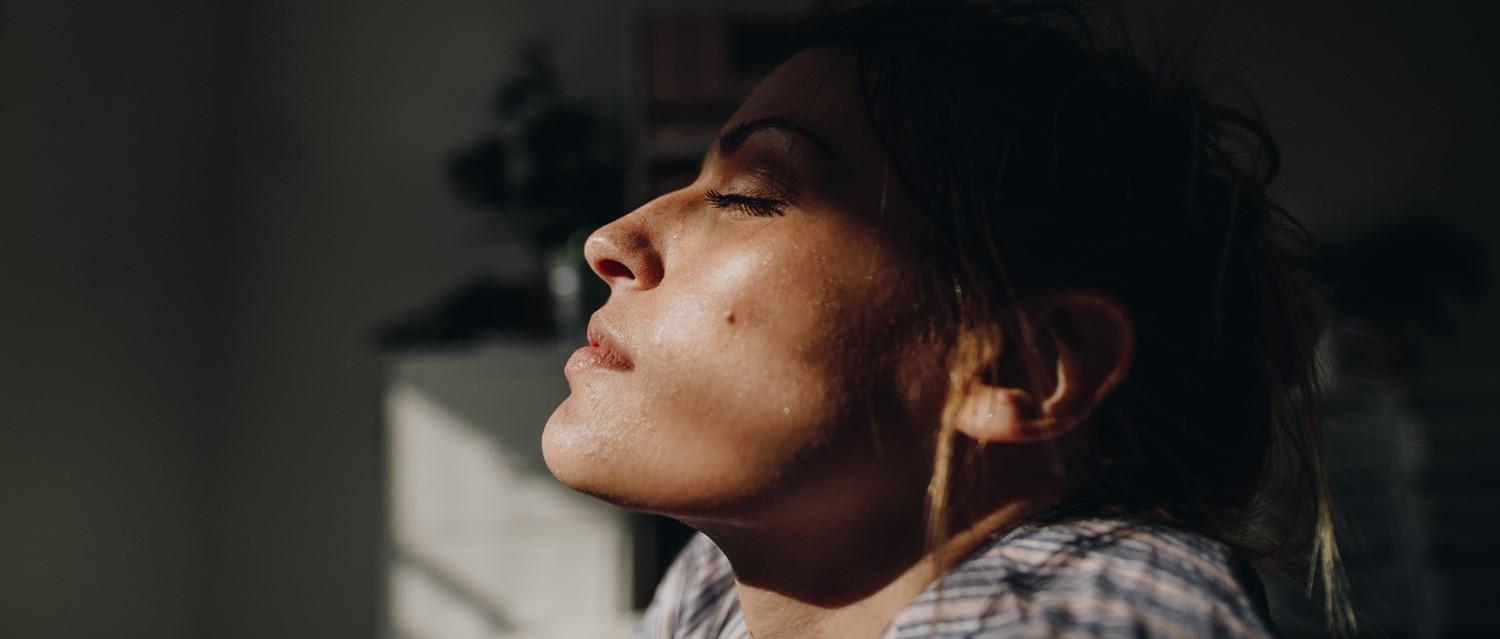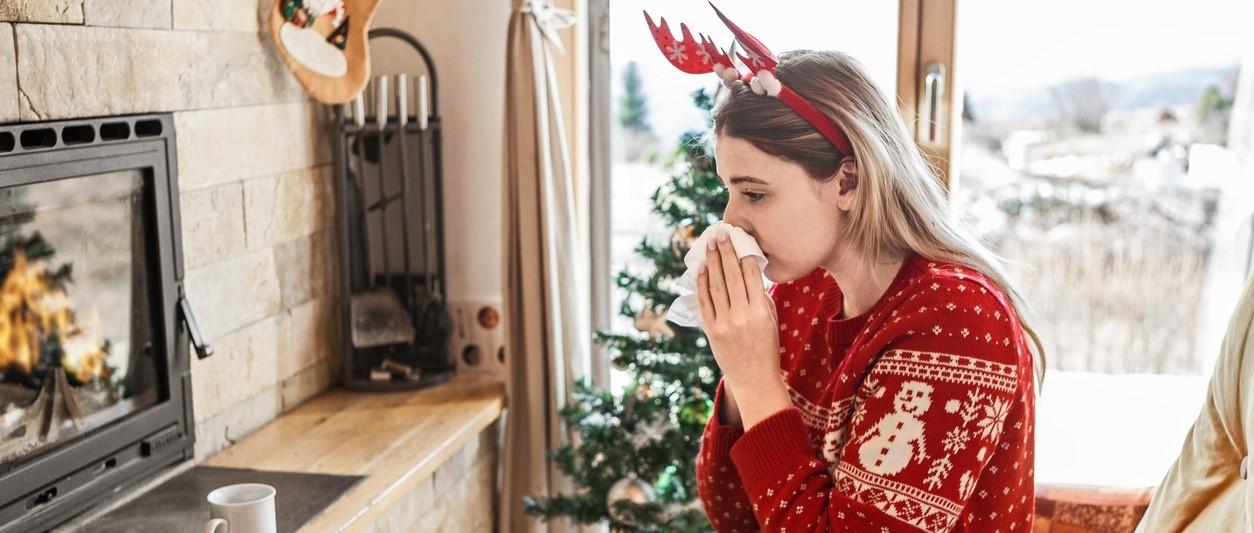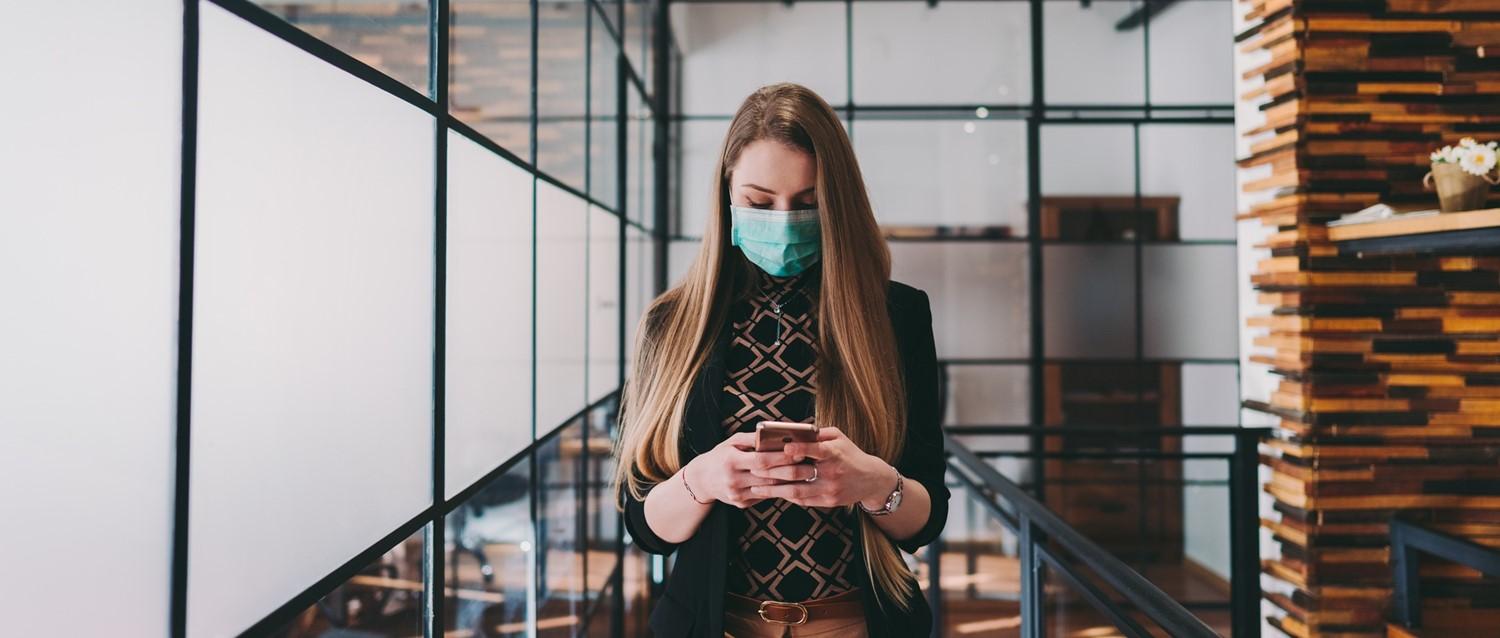
Vitamin D and coronavirus: is there evidence it can help?
Peer reviewed by Dr Sarah Jarvis MBE, FRCGPLast updated by Natalie HealeyLast updated 19 May 2020
Meets Patient’s editorial guidelines
- DownloadDownload
- Share
- Language
- Discussion
There is speculation about a link between vitamin D levels and COVID-19 risks. But what's the truth? And should we all be taking supplements during the coronavirus lockdown?
In this article:
Use Patient's coronavirus checker tool if you have any symptoms of fever, a new cough or loss of smell or taste. Until you have used the tool and been advised what action to take, please stay at home and avoid contact with other people.
There's currently no cure for COVID-19 - the illness caused by the coronavirus pandemic. Scientists are researching many different drugs to see if any will be effective treatments for the virus, but right now the evidence is sadly lacking.
There are also many claims circulating online that certain foods or supplements may be beneficial in the fight against the coronavirus. But as yet, there's no evidence any foods can reduce the risk of COVID-19 symptoms or 'boost' your immune system.
Vitamin D is one nutrient in particular that has been the subject of much coronavirus confusion. Some scientists believe it could be helpful in the pandemic, while other experts dispute this suggestion.
Editor’s note
Since publishing, NICE have released guidance stating that there is not enough evidence to suggest that vitamin D reduces the risk of COVID-19. A recent review also found that lower vitamin D levels, among other factors, in BAME populations did not account for the disparity in coronavirus deaths in the community.
Vitamin D and coronavirus
GP Dr Gero Baiarda from GPDQ points out that COVID-19 hasn't been with us long enough for there to be sufficient research on vitamin D and the coronavirus. However, we do know quite a lot about vitamin D itself. This nutrient is needed to keep bones, teeth and muscles healthy.
A recent report from researchers at Trinity College Dublin found that vitamin D may play a role in preventing serious respiratory infections. Study author Professor Rose Anne Kenny suggested the nutrient might help improve the health of 'shielding' groups - those who are more at risk of developing a serious illness if they catch COVID-19.
"Though we do not know specifically of the role of vitamin D in COVID-19 infections, given its wider implications for improving immune responses and clear evidence for bone and muscle health, those cocooning and other at-risk cohorts should ensure they have an adequate intake of vitamin D," she said. PHE already recommends that anyone over 65 and anyone who is housebound, along with some other high-risk groups, take a 10 mcg daily supplement all year round.
In very early research, scientists from the University of East Anglia compared vitamin D levels and coronavirus rates in different European countries. They found low vitamin D was associated with increased risk of coronavirus infection and death from the illness. However, this study hasn't gone through the proper scientific review process (called peer review) where it is checked by other experts.
It also doesn't tell us whether it was the low levels of vitamin D per se, or some other 'confounding factor', that resulted in the association. For instance, housebound people are more likely to have low vitamin D levels: they're also more likely to have underlying medical conditions which make them vulnerable to serious complications of coronavirus.
Scientists are also doing clinical trials to see if vitamin D can help coronavirus patients. Some experts believe the nutrient may dampen down the extreme immune response which causes severe lung damage in some people with the infection. But it's too soon to know if this is the case.
A team at the University of Oxford published a review on vitamin D and COVID-19 that found no evidence the nutrient protects against the illness. This work hasn't yet been peer-reviewed either though.
Right now, we just don't have enough information on this topic. And even if vitamin D is found to have some benefit in COVID-19, it is unlikely to be a miracle cure.
BAME populations and vitamin D deficiency
Back to contentsThere's another reason people are talking about vitamin D and coronavirus. We've recently sadly learned that black, Asian and minority ethnic (BAME) populations appear to be disproportionately affected by COVID-19 complications compared to Caucasian people.
For instance, people of black ethnicity are 4.2-4.3 times more likely to die from C0VID-19 than those of white ethnicity. Even taking into account factors such as age, affluence and underlying health conditions, Black people are still 1.9 times more likely than white individuals to die from COVID-19. And men and women in the Bangladeshi and Pakistani ethnic group are 1.8 and 1.6 times more likely respectively than their white equivalents to die.
Groups with darker skin are also much more likely to be deficient in vitamin D. Even before the pandemic, Public Health England (PHE) advised people with dark skin to take a vitamin D supplement all year round.
"Vitamin D is made in the skin from sunlight, and the higher level of pigment present in the skin of BAME populations and the subsequent tendency to vitamin D deficiency have been hypothesised as the reason for this effect," Baiarda reveals.
However there are likely other factors behind this health inequality.
Continue reading below
Vitamin D and self-isolation
Back to contentsWhile we don't yet know whether vitamin D reduces the risk of coronavirus complications, you may still want to take a supplement at the moment.
PHE recommends that people in the UK take 10 mcg vitamin D every day in autumn and winter (from October to April). That's because 90% of our body's vitamin D is made in our skin from the sunshine falling on it. During the gloomy colder months, we don't get enough strong sun for our bodies to make the vitamin.
Ordinarily, as the weather gets warmer and the days get longer, most of us wouldn't need to keep taking the supplement. But lockdown measures mean more of us are staying indoors than normal and we're likely not getting the same level of sun exposure we usually would. PHE has suggested everyone keep taking vitamin D supplements while social distancing measures are in place.
You can purchase vitamin D supplements from supermarkets and pharmacies. Look for D3 on the ingredient list - this is the type of vitamin D made by your skin.
Vitamin D-rich foods such as oily fish are a good idea, but it's extremely difficult to build up levels of the nutrient quickly with just diet if you are deficient. And you shouldn't try to raise your levels by sunbathing as sunburn increases the risk of skin cancer.
"As it stands there is no robust evidence that suggests vitamin D can protect you from COVID-19," sums up GP Dr Adwoa Danso. "With that said I would encourage adults and children over the age of one to take 10 mcg (400 IU) of vitamin D every day in keeping with PHE guidance."
Patient picks for General information

COVID-19
Is it COVID-19 or flu this winter?
Cases of flu and COVID-19 are both on the rise this winter, so how can you tell the difference between these viruses? Knowing which illness you're dealing with can help you to protect others and may help you get better quicker.
by Lawrence Higgins

COVID-19
COVID-19: how to stay safe at work
In a bid to get the economy moving and return some normalcy to day-to-day life, the government is encouraging those who can't work from home to go back to work. If you're back at the office or having to catch public transport every day, how can you stay safe?
by Andrea Downey
Article history
The information on this page is peer reviewed by qualified clinicians.
19 May 2020 | Latest version

Ask, share, connect.
Browse discussions, ask questions, and share experiences across hundreds of health topics.

Feeling unwell?
Assess your symptoms online for free
Sign up to the Patient newsletter
Your weekly dose of clear, trustworthy health advice - written to help you feel informed, confident and in control.
By subscribing you accept our Privacy Policy. You can unsubscribe at any time. We never sell your data.